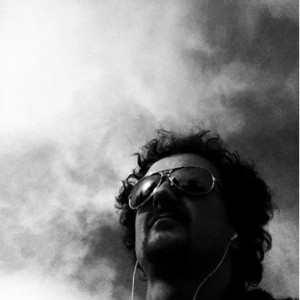When I speak to my children or an audience of young people, I try to alert them to the historically contingent nature of ‘the thing that has us’ by calling attention to ordinary values and expectations before surveillance capitalism began its capaign of psychic numbing. “It is not OK to have to hide in your own life; it is not normal,” I tell them. “It is not OK to spend your lunchtime conversations comparing software what will camouflage you and protect you from continuous unwanted invasion.” Five trackers blocked. Four trackers blocked. Fifty-nine trackers blocked, facial features scrambled, voice disguised …
I tell them that the word “search” has meant a daring existential journey, not a finger tap to already existing answers; that “friend” is an embodied mystery that can be forged only face-to-face and heart-to-heart; and that “recognition” is the glimmer of homecoming we experience in our beloved’s face, not “facial recognition.” I say that is not OK to have our best instincts for connection, empathy, and information exploited by a draconian quid pro quo that holds these goods hostage to the pervasive strip search of our lives. It is not OK for every move, emotion, utterance, and desire to be catalogued, manipulated, and then used to surreptitiously herd us through the future tense for the sake of someone else’s profit. “These things are brand-new,” I tell them. “They are unprecedented. You should not take them for granted because they are not OK.”

Mentions